Why Every Business Needs a Strategic Marketing Plan
In our fast-paced world, there’s rarely accidental success. Behind every thriving company is a well-thought-out roadmap: a strategic plan. Yet, many businesses, especially small and medium-sized companies often neglect this critical step, opting to focus on the day-to-day operations of the business. Let’s face it, resources may be limited, however, there’s a saying-if you fail to plan, you plan to fail. Operating on a “we’ll figure it out as we go” mentality can leave businesses vulnerable to missed opportunities, inefficiencies, and stunted growth.
Whether you’re a startup or an established company, let’s talk about why every company needs a strategic plan that focuses on your marketing efforts:
A strategic plan should serve as a blueprint, providing clarity on your marketing business goals and the path to achieve those goals. Without it, your team may focus on tactics that won’t produce the desired results. At the core, your plan should start with the following foundational elements:
Vision and Mission Alignment: A clear marketing strategy should articulate your business’s mission (why you exist) and vision (what you aspire to become). This alignment ensures that every decision, project, and campaign supports your larger purpose.
Defined Goals and Milestones: Instead of wishing and hoping, your plan should set specific, measurable objectives, and break them into actionable steps.
Next, your plan should identify potential challenges and think through solutions before problems arise.
Market Analysis: Strategic planning requires evaluating your industry, competition, and market trends. Use this analysis to elevate your business and make any necessary adjustments.
Risk Management: Identifying potential risks—whether financial, operational, or external, a strategic marketing plan will help you work through those issues to avoid mishaps.
So now that we’ve elevated our risks, let’s focus on resources. When resources like time, money, and personnel are limited, a strategic marketing plan ensures that you focus on the best resources to grow your business.
Budget Prioritization: By outlining key priorities, you can determine how to prioritize your marketing budget to grow the business and provide a return on investment.
Team Alignment: You must invest in your people and have the right team to grow any company. Remember you can’t do it alone!
A marketing strategic plan provides a framework that should be well-thought-out and guide you into reaching both short- and long-term goals. Here are some final factors to remember as you are developing your marketing plan:
Find your stride and stay consistent.
Understand what makes you unique and communicate this to your audience.
Focus on your customer. They will advocate for you once they believe in your products or services. Refer back to our blog on the KLT Method.
Make sure your team understands their roles, and keep them motivated.
Use data to track metrics and progress.
Don’t be afraid to pivot.
Always celebrate your wins!
A strategic marketing plan is more than a document; it’s a mindset. It can transform your business from reactive to proactive and provide direction to achieve sustainable growth.
Investing the time and effort to develop a plan may seem pointless, but the rewards are worth it. If you’re looking to start a new business or have an existing business without a strategic marketing plan, take the first step today— Contact us. Your business deserves it.
Written By: Rashida Reese

